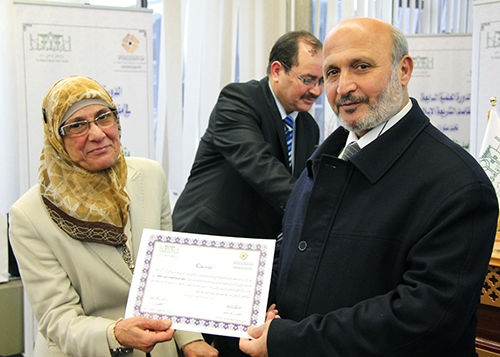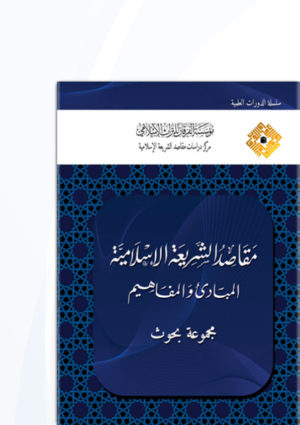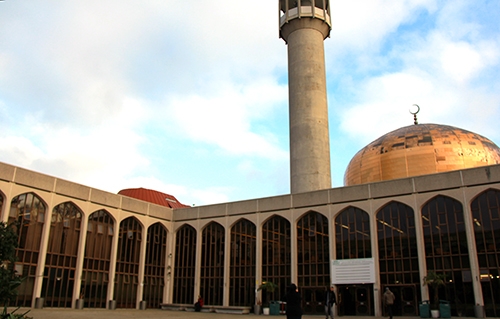
Between the 30th of November and the 3rd of December 2013, the Centre for the Study of the Philosophy of Islamic Law (Maqāṣid Centre) at Al-Furqān Foundation, in collaboration with both the Islamic Cultural Centre and the Sharīʿah Councils of the UK, organised the Eighth Training Course on Maqāṣid of Islamic Sharīʿah, titled “The Objectives of Sharīʿah: the Principles and Concepts”.
The course was taught by a distinguished team of prominent scholars in the field of Islamic Sharīʿah, including: Prof. Dr. Abdul-Wahab Abu Sulaiman, Prof. Dr. Issam al-Bashir, Prof. Dr. Mohamed Salim al-Awa, Sheikh Abdallah Farraj al-Sharif, Prof. Dr. Hassan Jabir, Dr. Jasser Audah and Dr. Fadel Soliman.
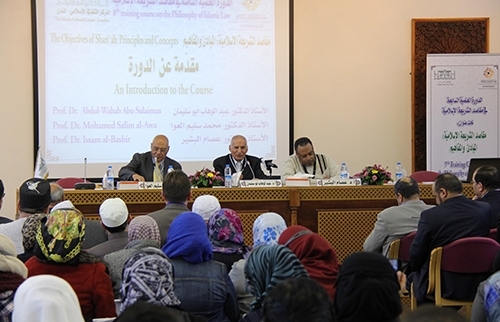
More than 100 trainees took part in the course and they were of high academic background, of various specialisations and expertise, including postgraduate students reading at British universities, imams, researchers in Islamic studies, etc. Lectures were delivered in both Arabic and English and a simultaneous interpretation was provided. The course and lectures were extensively covered by numerous media reporters attending the events.
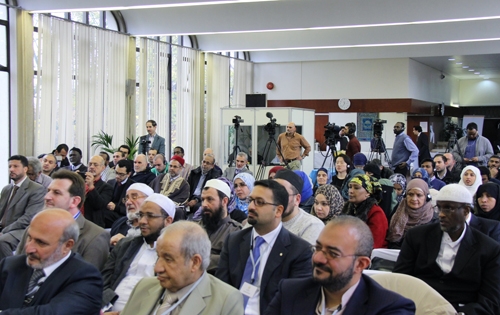
The lectures focused on the following subjects: History of the Development of Maqāṣid; The Relationship Between Legal Theory and Maqāṣid: Common Misunderstandings; Principles of Legal Theory; Opening and Blocking the Means in Islamic Law; Legal Reasoning in Maqāṣid: Its Scope and Prospects; Contemporary Islamic Renewal: Prospects and Obstacles and The ways of Identification and Confirmation of Maqāṣid. The course also dealt with: the activation of maqāṣid in both daʿwah and charity work and the modern financial transactions and the themes of omission in legislation and obligation and jurisprudence of priorities.
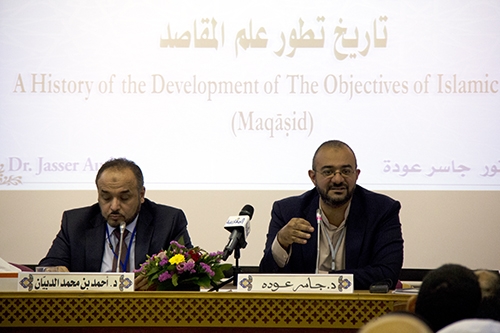
On Saturday 30th November 2013 the course started in the lecture hall at the Islamic Cultural Centre, London, with a recitation of verses from the Noble Qurʾān, followed by a welcome speech by Dr. Ahmad al-Dubayan, Director General of the ICC, in which he expressed his overwhelming delight for the ICC co-operation with Al-Furqān in organising such a course unprecedented in the UK, emphasising the significance of its topic to the Islamic communities in the West. He also praised the remarkable work undertaken by Al-Furqān for the Islamic Heritage over the past 25 years.
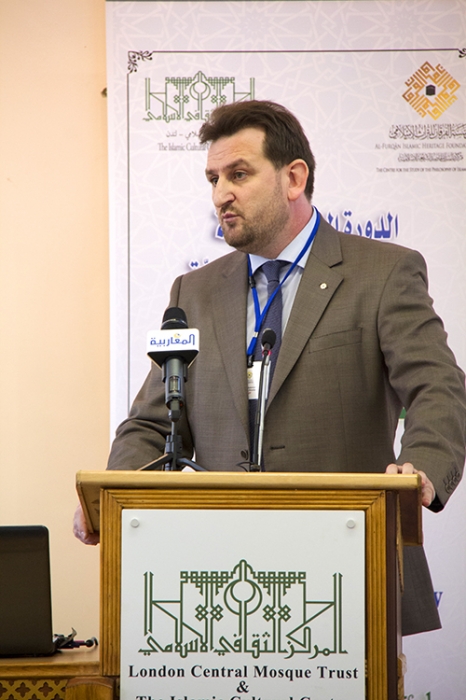
Then, Mr. Sali Shahsivari, the Managing Director of Al-Furqān, welcomed the audience and showed his appreciation for the co-operation between the ICC and Al-Furqān and thanked Dr. al-Dubayan for hosting the course. He also thanked the representatives of the UK Sharīʿah councils for their valuable effort. Mr. Shahsivari introduced the Al-Furqān Foundation, its development and achievements in the fields of documenting, cataloguing and preserving the written Islamic heritage in many countries worldwide and its keen effort to authenticate the philosophy of Islamic Sharīʿah (maqāṣid), through numerous activities such as training courses, conferences, lectures, seminars and publications.
The course was concluded with a special session convened by Professor Mohamed Salim al-Awa, who elaborated specific concepts in the field of maqāṣid and urged the audience to increase their efforts in such a vital field of knowledge. Then an open discussion took place between some of the lecturing professors and the trainees. Finally, the Director of Al-Furqān concluded the course with words of gratitude to the speakers and thanked the trainees and renewed the thanks to the ICC officials for their hospitality. Certificates were delivered to both the trainees and the lecturers.
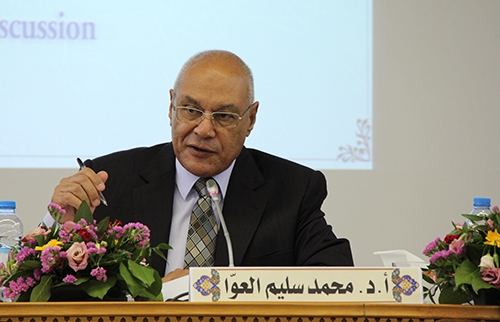
The attendants praised both institutions for organising this course, and asked for it to be repeated, in order to contribute to the development of jurisprudential faculties of imams, students and researchers. The success of the course was enhanced by the great dedication of the trainees and their active participation in the discussions which took place after each lecture, thus reflecting a remarkable interaction between the speakers and the audience. The trainees indicated how useful the course was by expressing their gratitude to the team of Al-Furqān and their special thanks to its chairman, HE Sheikh Ahmed Zaki Yamani, who had offered them the opportunity to attend such a unique course. They said it was wonderful in content and with a high standard of both lectures and participants.
